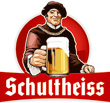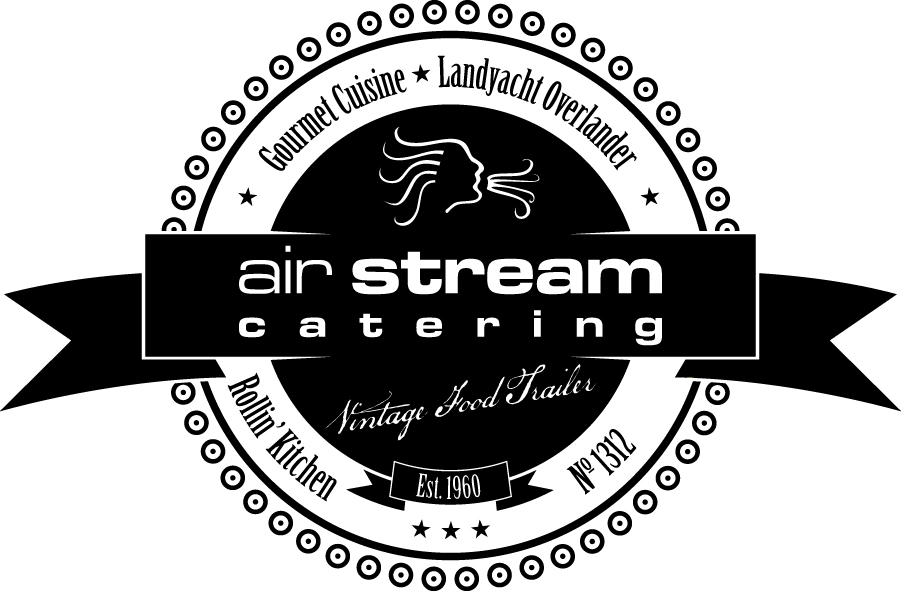History
In Germany and its capital, one anniversary is rapidly following the next: the founding of the Federal Republic, the end of the Berlin Blockade, currency reform…
The allies attempted to teach the Germans the rules of normal life. Boxing, fencing, rowing – anything remotely related to the military was forbidden. What was allowed, on the other hand, were soap-box races for five-year-olds down rubble heaps with a box of western goodies as the prize for the victor. The Waiter Derby, too, where a full glass had to be carried at a run down two kilometres of the Kurfürstendamm, was greatly appreciated. The hotel and catering industry was in tatters like almost everything else. A few hundred taverns and a few hotels had survived the bombing, but they were in the same miserable condition as the people who were now looking for some distraction.
The allies introduced an official closing time, but the one in the eastern sector was one hour later than the one in the west. Berliners who wanted to go out celebrated in the east – and this was a disaster for western publicans.
Something had to be done, and publican and hotelier Heinz Zellermayer had the very idea.
Heinz Zellermayer, who had just been elected head of the publicans' guild of Berlin, secured the absolute abolition of closing time from the head of the city so as to increase the city's economic growth and attractiveness. Zellermayer made his vision of reconstructing Berlin tempting to a US general. On June 20, 1949, closing time was abolished for catering establishments in the West sectors of Berlin; Berlin had gained unique status in Germany and a pioneer of modern marketing in Heinz Zellermayer.
Berliners were soon enjoying the pleasures of leisure time amusements to flee day-to-day life. The Waiter Derby of Emil Remde, who had moved to Berlin to run catering establishments and cabarets, was one of them.
Born back in the glorious days of Prince Bismarck's reign, Emil Remde enriched Berlin with numerous gastronomic businesses. He came to Berlin in 1909, having worked as a ship's boy a dishwasher, a coal trimmer and a circus ringmaster, and founded a houseboat cabaret, Nirwana, on Wannsee lake, the Roter Teufel Kabarett on Hardebergstrasse, Remde's Hausboot cabaret in the Lunapark Berlin-Halensee 1931 and Remde's St. Pauli on Rankestrasse in Berlin-Charlottenburg. After the latter's destruction in 1942, he reopened Remde's St. Pauli on Kantstrasse/Joachimsthaler Strasse. Remde's St. Pauli was as much part of the metropolis as the Brandenburg gate or the Kurfürstendamm. In the midst of this sphere of activity, between the Gedächtniskirche and Halensee, Emil Remde organised the annual Waiter Derby on the Kurfürstendamm with the assistance of the concierge association Goldener Schlüssel, the Internationaler Genfer Verband and the support of hotels and catering establishments such as Hotel Kempinski, Hotel am Zoo - along with businesses such as KaDeWe, Scharlachberg Meisterbrand, Martini, Tucher and Schultheiss Brauerei.
The Internationale Genfer Verband was a league of employees of hotels, restaurants and cafés. It represented its members on matters related to payment, conditions, division of tips and qualifications. The league also organized waiter derbies in Vienna, London and Hamburg up to the 1960s.
Nowadays hotels and catering are usually represented by the Dehoga Bundesverband (Deutscher Hotel- und Gaststättenverband e. V.). Its members include almost 240,000 businesses, almost a million employees, and 100,000 trainees. Subdivided into seventeen regional and three specialist leagues, DEHOGA establishes policies for corner bars and luxury hotels. Heinz Zellermayer is its only surviving founding member.











